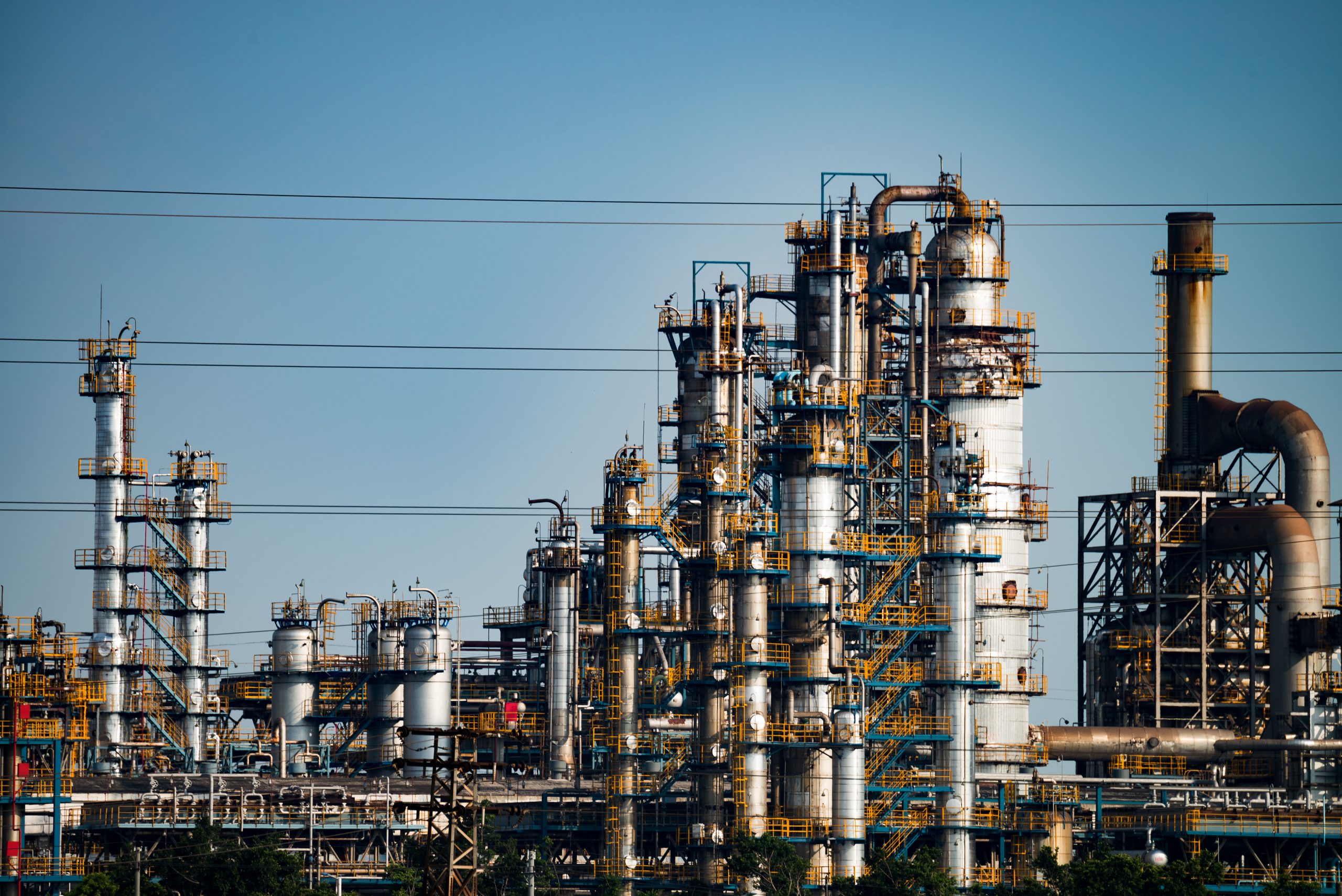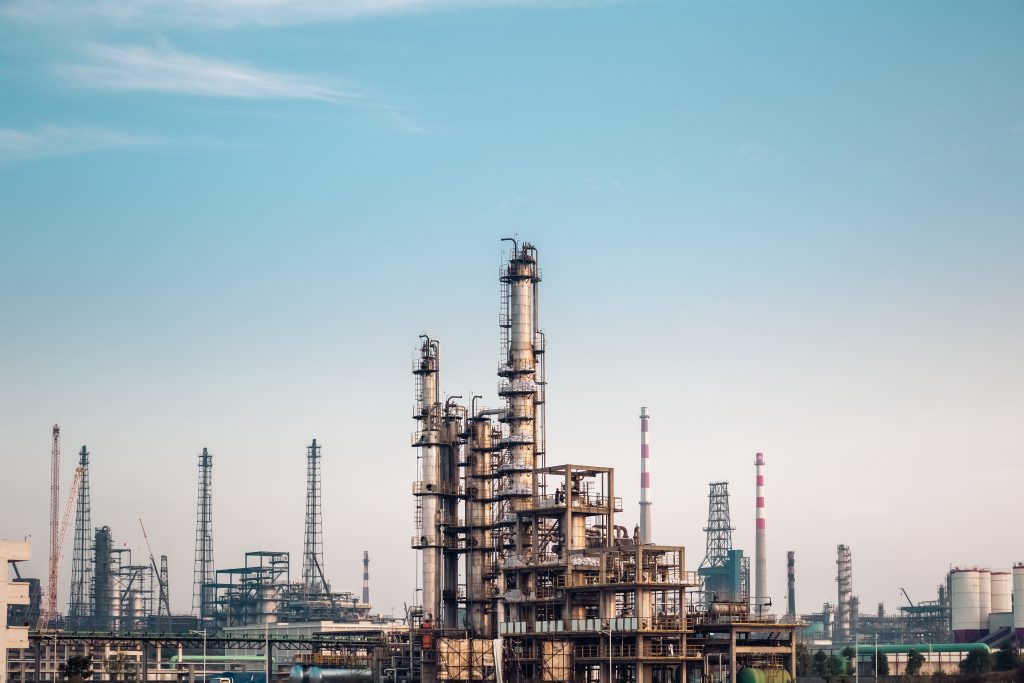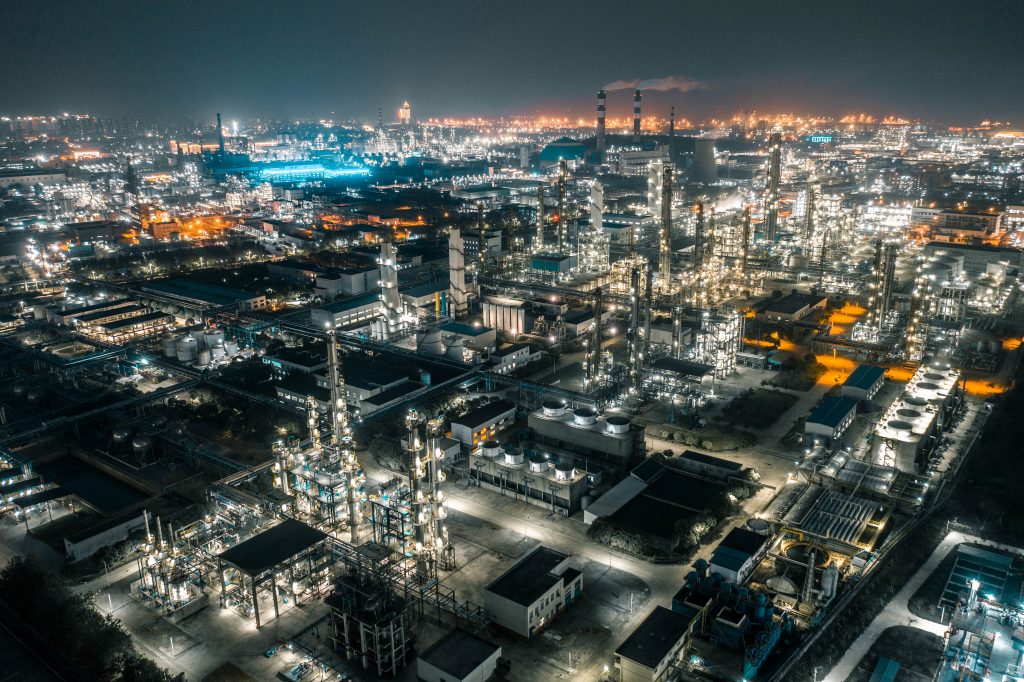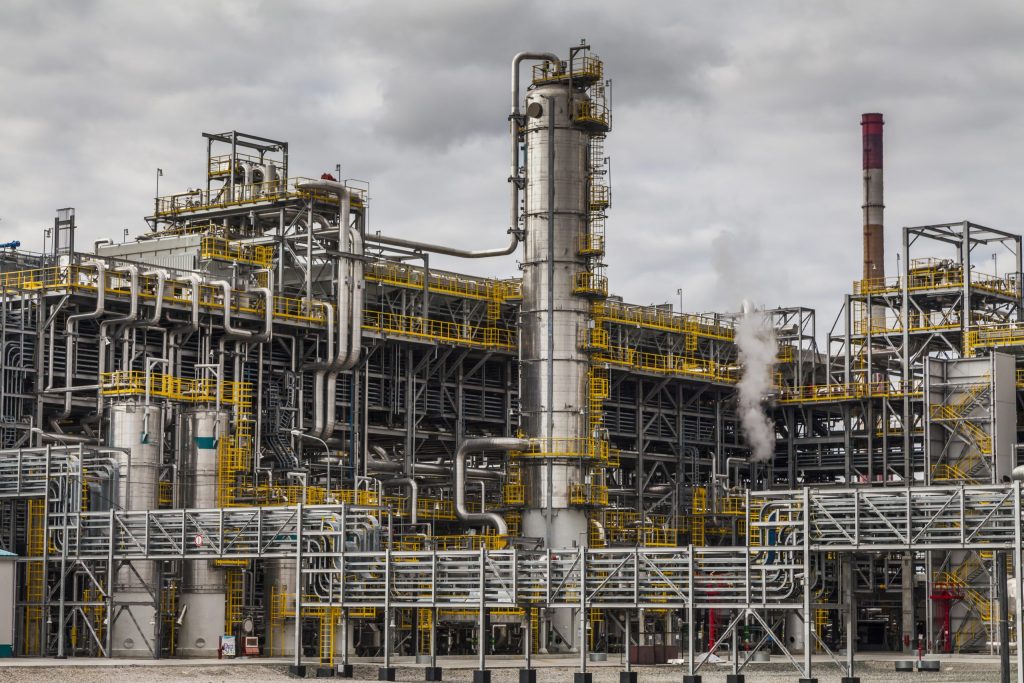Asset integrity management is the discipline responsible for the continuity and security of an industrial operation. No matter the industry or its sector, having effective and efficient integrity strategies is a daily challenge that is very important for everyone involved in the operation.
Asset integrity is the discipline responsible for ensuring the health of thousands of components in a plant, process, or machine. It is through it that the operation is fed with information about overload in specific elements, or loss of productive capacity. The management is also responsible for ensuring performance and identifying failure mechanisms.
Having a good asset integrity methodology is the guarantee that the industrial process will have a continuous operation, without fail and with greater profitability.
INTEGRITY MANAGEMENT AND DIGITAL TRANSFORMATION
Although the discipline is one of the most important for the operation, there is still a lot that can be done to make it more efficient. Generally, teams are employed and must carry out a series of inspections in specific areas manually to identify the need for maintenance.
Carrying out inspection activities in an industrial plant, such as oil and gas, for example, is not a simple task and that requires a lot of time to be performed.
In addition to the long inspection journey, there are still numerous documents that must be used in these tasks. They are engineering documents, technical drawings, and even equipment or machinery history.
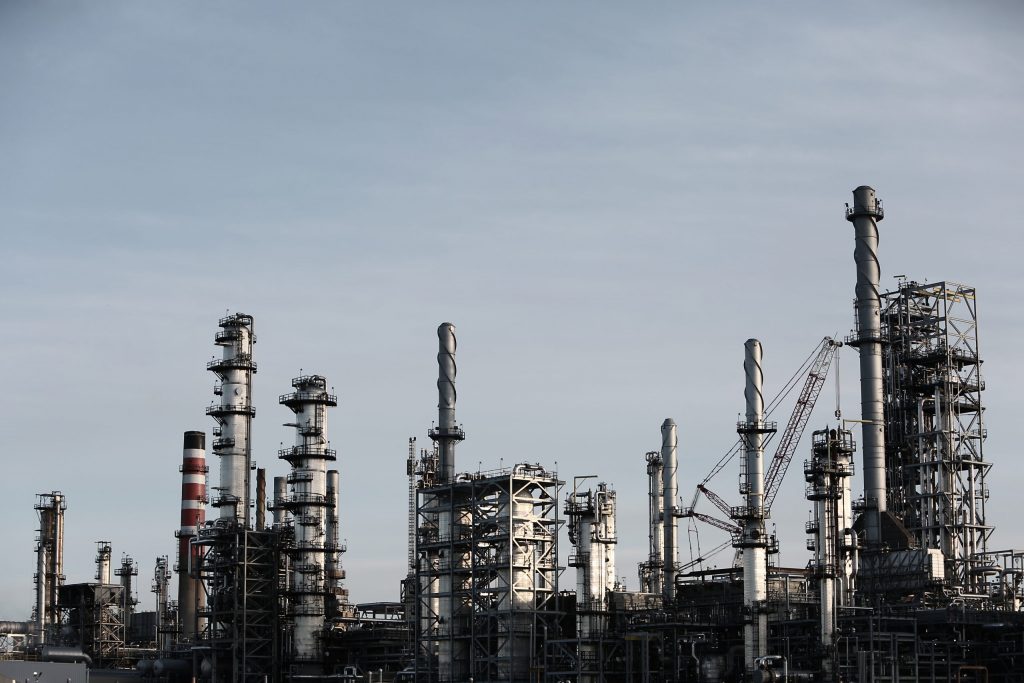
As you can see, it is a discipline that involves a lot of workforce and time, and yet it can be prone to errors that could lead to failures and consequently interruption in the operation.
However, since the rise of digital transformation, technologies such as Digital Twin, Artificial Intelligence, and IoT have provided new perspectives for this essential discipline.
The digital transformation was characterized as the period when many technologies were gaining applications within the industries. From this moment on, many disciplines started to become automated and to generate new forms of executions based on the digitization and control of variables. Understand in detail how this period influenced the many industrial operations through content that we have prepared on the subject. Click and access!
From the moment Digital Twins and Artificial Intelligence entered the industries, many tools were developed through the use of these innovative technologies. Among them, specific software that revolutionized the management of industrial asset integrity.
These tools are capable of extracting and processing huge amounts of structured and unstructured data and using Machine Learning algorithms to establish standards that can be used when making decisions.
Specifically for asset integrity management, this software enables the management of data that can be used for planning inspection and maintenance journeys.
The labor force is now allocated to strategic points according to the data extracted and, consequently, there is a better use of the teams in the field, and reduction of time for the execution of activities.
In addition, these platforms have document management systems, capable of facilitating access and sharing of documents to teams in the field.
Implementing these tools is essential in the quest for more assertive, fast, and effective asset integrity management. These technologies are gradually becoming more common within industrial plants and which in a few years will become essential.
The digitalization journey will soon become the point of differentiation for the industries ahead of its time. In an increasingly digital age, those who embrace innovation will have in their hands the necessary tools to continue generating value on their production chain, with flexibility and excellence.
